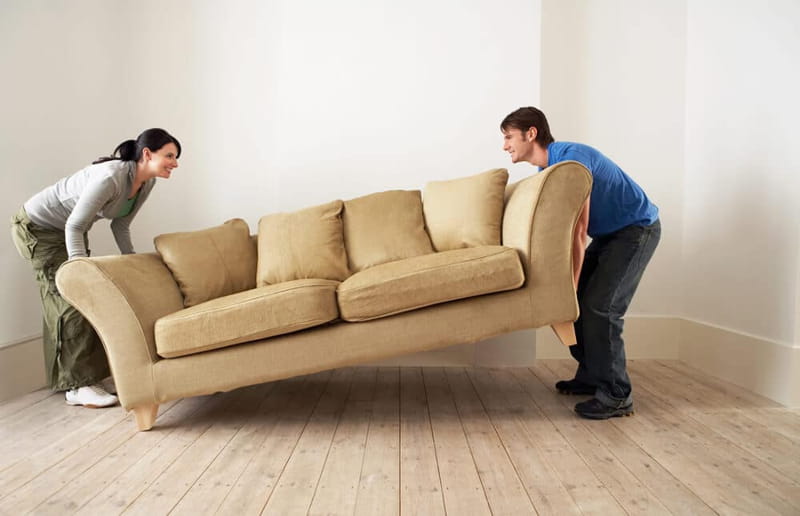
Pawn shops are often willing to buy couches, chairs and other furniture items as they require less storage space than other items.
What will pawn shops pay most for?
Jewelry. Precious metals. Watches. Firearms (registered to you). Electronics. Power tools. Musical instruments. Sporting goods, such as bikes.[1]
Do you get more money selling at a pawn shop or?
A pawn store will generally offer more money if you’re selling your item instead of pawning it. However, it does depend on a few factors. For instance, if you’re selling an in-demand item, such as gold jewelry or a high-end watch, the pawnbroker is more likely to offer you a higher cash value.[2]
Is selling at pawn shops worth it?
“The stereotypes for pawn shops exist for a reason: You will get very low value on your items if you go to a pawn shop.” he says. “In fact, you can expect to be offered no more than $20 for a $100 item. While this could seem appealing in a financial emergency, the amount of money you’ll lose is simply not worth it.”[3]
What percentage of value do you get at a pawn shop?
How Pawn Shops Work. At a pawn shop, you leave your property—the most commonly pawned items are jewelry, electronic and photography equipment, musical instruments, and firearms. In return, the pawnbroker typically lends you approximately 25% to 60% of the item’s resale value.[4]
What can I pawn for $500 dollars?
Collectibles. Jewelry. Firearms. Designer Bags. Old Video Games & Gaming Systems. Electronic Accessories. Televisions. Laptops.[5]
What will a pawn shop not buy?
Pawn shops usually will not accept items that are clearly replicas (such as fake designer purses). They also do not typically accept clothing or books, unless they are very valuable, such as a first edition or signed copy of a popular book. Items should be in full working order when you bring them to be pawned.[6]
Why do pawn shops pay so little?
They will low ball a deal so that their profit margin goes up when they turn around to sell the items.[7]
What should I know before going to a pawn shop?
Find the right pawn shop. Do some online research to see what others have said about working with area pawn shops. Know if you want to pawn or sell. Negotiate. Be prepared to prove your claims. Show things in their best light. Pay on time. Do your research. Negotiate.[8]
How do pawn shops determine value?
Most pawnshops try to maintain a 38-50 percent profit margin, which means they want to earn that much compared to what they offer you. So, they’ll assess your item’s market value, then reduce it by their profit margin.[9]
Does pawning affect your credit?
The short answer is no! A pawn loan will not improve your credit score, however, it also won’t negatively affect it. Pawn loans utilize collateral in exchange for a monetary loan. You can take your item/items to your local pawn shop where the pawnbroker will offer you an amount to pawn your item for.[10]
What can I sell to earn money?
Old clothes. If you’re looking for things to sell to make quick cash, your clothes just might top the list. Sneakers. Have some cool sneakers you want to get rid of? Jewelry. Watches. Your wedding dress. Baby items. Home décor items. Holiday decorations.[11]
How long can you pawn something for?
Contracts vary from state to state; the loan period in California is 120 days. The pawn shop holds the merchandise until the interest on the loan has been repaid.[12]
